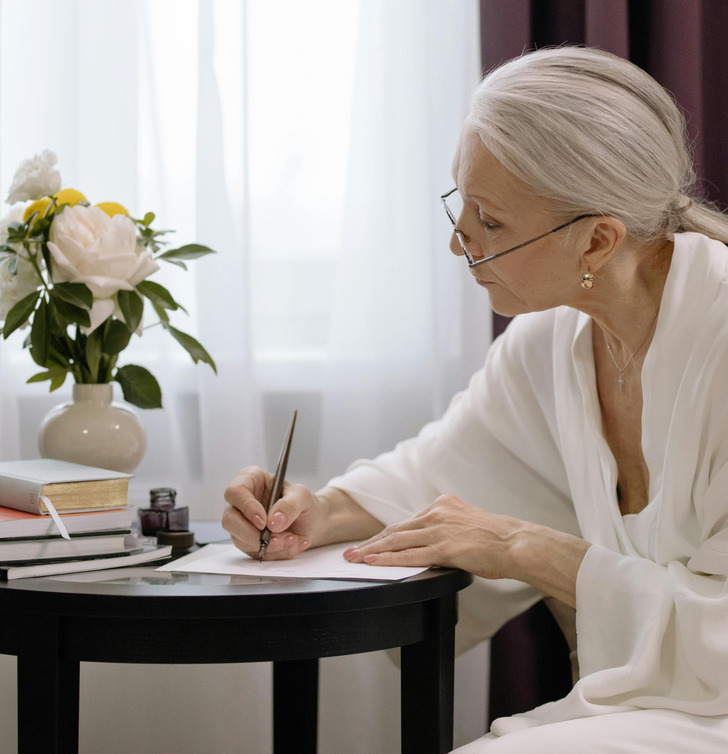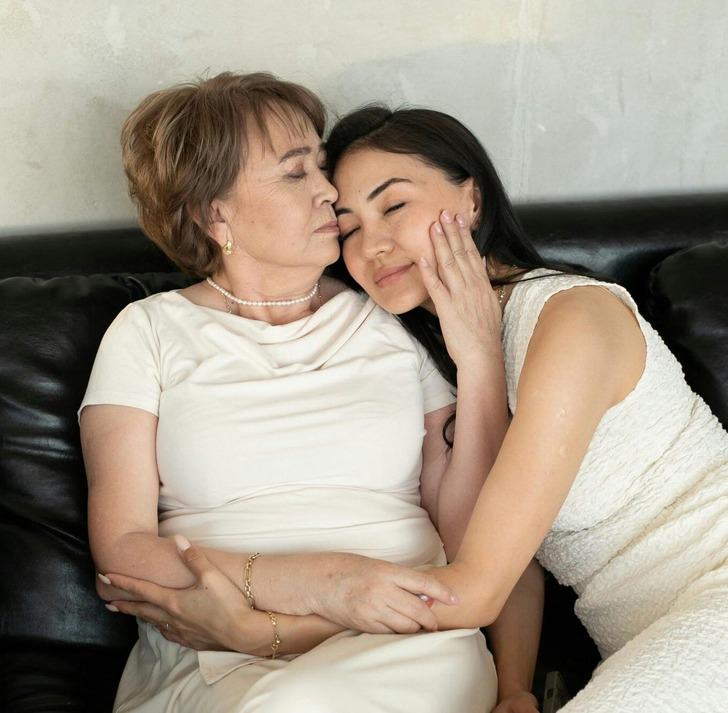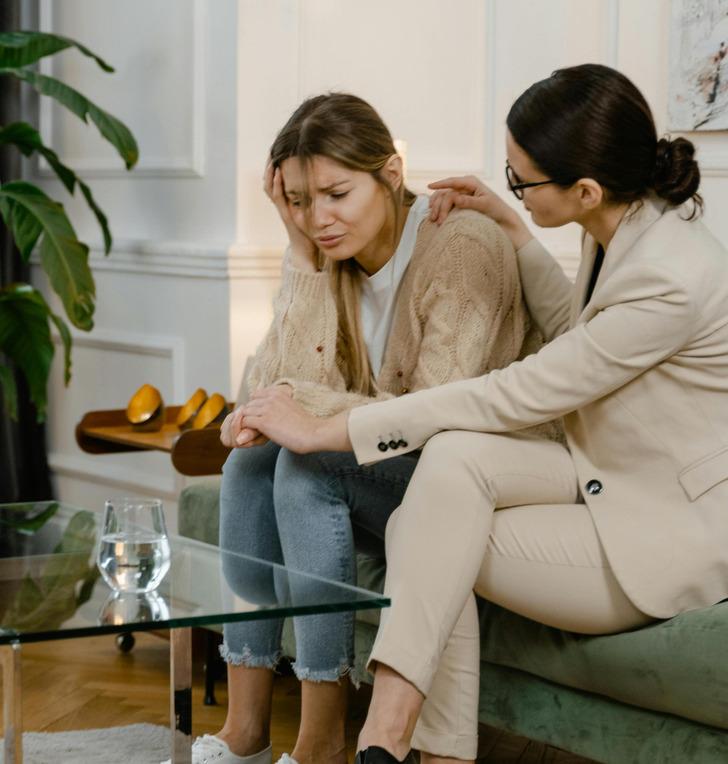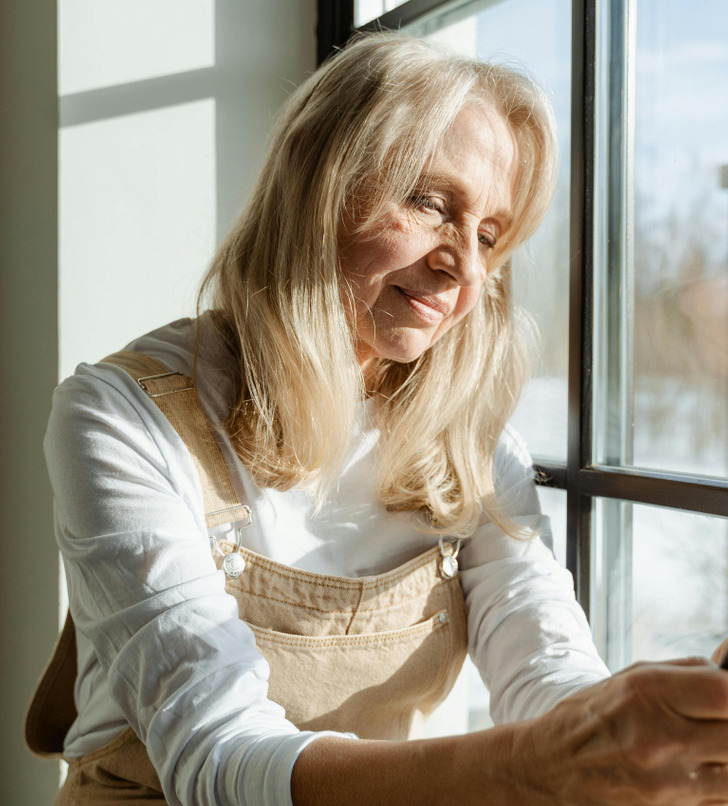It was wrong for her to ask you to go find a job. That said though, your reply to her request was very callous and said nothing about your ability to understand how scared and upset she is right now. She could have used some compassion. You could have offered her support by being beside her and your grandchild and asked her if there are other ways you can help. How long had you known of your grandson's diagnosis? Have you educated yourself on what's going on there?
I Refuse to Go Back to Work at 62 Even If It’s to Save My Grandson’s Life
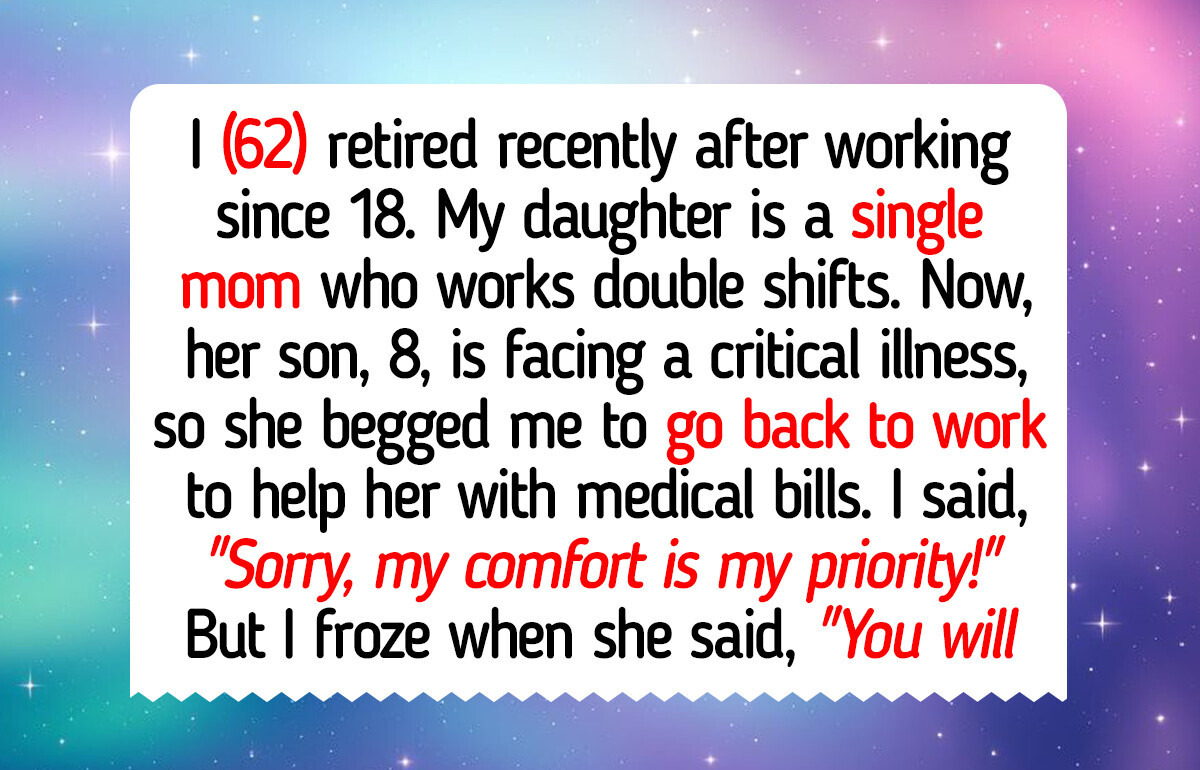
Many people look forward to retirement as a time to finally relax and enjoy life after decades of hard work. But what happens when unexpected family problems put that peace at risk? As we get older, balancing personal well-being with family responsibilities can lead to painful choices—and even heartbreak. In a powerful letter sent to Bright Side, one grandmother shared the emotional story of why she refused to go back to work, even when her grandson’s life was on the line.
Maggie’s letter:
Dear Bright Side,
I’m 62 and recently retired after working since I was 18. My daughter, a single mom, works double shifts. Now her 8-year-old son, my grandson, is facing a serious illness, and she begged me to return to work to help cover his medical bills.
I told her, “Sorry, my comfort is my priority.” At first, she just smirked, but then she shocked me by saying, “You will not see your grandchild again!”
The next day, I went to her house to talk things through, but I froze when I saw it was completely empty. For days, I tried to reach her, she didn’t answer my calls and stopped showing up at work.
On the 8th day, her best friend contacted me and told me that my daughter and grandson were staying with her. She had left California and moved to another state to reduce living costs, and to get away from me.
It’s been a few weeks now, and my daughter still won’t speak to me. I know she’s punishing me for not stepping in, but what she asked of me felt like too much.
Was I wrong to put myself first and choose my own well-being? After decades of hard work, I believe I deserve comfort and peace at 62.
Sincerely,
Maggie

Hi Maggie,
Thank you for sharing something so deeply personal and painful. It’s clear that you’ve spent a lifetime working hard and hoped retirement would finally allow you some peace. The fallout with your daughter over your grandson’s illness is heartbreaking, and while you believe you were protecting your well-being, the consequences have left you grieving both your daughter and grandson’s absence.
Here are 4 pieces of advice, each approaching your situation from a very different angle.
Initiate a Handwritten Letter to Show Vulnerability and Respect Distance.
Instead of more calls or unannounced visits, write a heartfelt letter—on paper. Not a text or email. This slow, intentional gesture shows emotional investment and respects the space she has taken.
Tell her exactly what you told me: why you felt overwhelmed, that you love them both, and that you’re open to listening without defending yourself. Don’t justify your decision again—focus on expressing what you feel now, not what you thought then. A physical letter may reach her heart in ways digital noise won’t.
Offer Non-Financial Support That Still Relieves Her Burden.
If returning to work feels unbearable, brainstorm and offer alternative, active forms of help that don’t involve income—such as remote research into medical aid programs, applying for charitable grants, coordinating with nonprofit support networks, or even managing errands or childcare when possible.
Show her that while you chose not to re-enter the workforce, you’re not choosing to opt out of their crisis. This could reframe you from “withholding help” to being a differently supportive presence.
Seek Mediation Through a Trusted Intermediary (like her best friend).
Since she is still refusing contact, consider approaching her best friend—the one who told you where she is—not to pry, but to ask if she would be willing to act as a neutral mediator. The goal isn’t to “get her to listen” but to facilitate a safe conversation where each side can be heard without threats or shutdowns.
A third party can help you both navigate the pain and disappointment without falling into the same power dynamics that led to the fallout.
Revisit the Deeper Meaning of “Comfort” at This Stage of Life.
You chose comfort after decades of hard work—but this crisis might be an invitation to reflect on what kind of comfort truly matters now. Is it physical rest? Or the comfort of knowing your family feels held during their worst moment?
If you discover, upon reflection, that your initial decision no longer aligns with your deeper values, it’s okay to change your mind—not out of guilt, but because you’ve grown through the heartbreak. That, too, is your right in retirement.
Zoe’s parents chose to give her share of the inheritance to her sister, who had supported them financially over the years. Her story sparked a heated debate online — see what happened here.
Comments
Goodness-you aren't even retirement age yet. I am 73 and have a part-time job after retirement at 65. If it is to save the life of your grandchild, I would find something to do to pitch in.
Related Reads
I’m Child-Free, and My Parents Gave My Promised Inheritance to My Sister — but I Turned the Tables
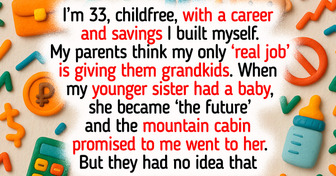
I Charge My 9-Year-Old Daughter Rent Every Month, She Has to Learn the Value of Money

I Refuse to Let My Daughter Attend Her Dad’s Wedding

I Absolutely Refuse to Give Up My Apartment for My Sister and Her 3 Kids
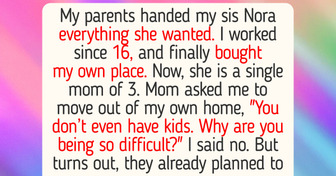
I Quit After My Boss Punished Me for Attending My Mom’s Surgery
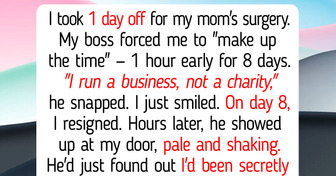
I Refuse to Be Held Responsible for the Parents Who Abandoned Me
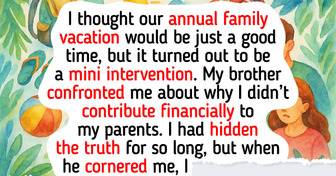
HR Fired Me Right Before My Vacation, So I Used It Against Them

My Cousin Uninvited Me to Save Money—My Petty Revenge Was Absolutely Worth It

12 Moments That Show Romance Is Really About Small Acts of Kindness

10 Teachers Who Learned Life Lessons From Their Remarkable Students
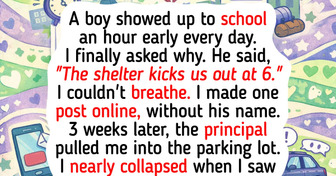
11 People Whose Small Acts of Kindness Turned Tears Into Smiles
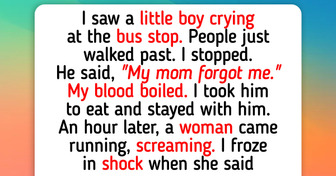
10 True Stories With Endings So Wild, Hollywood Couldn’t Write Them Better

